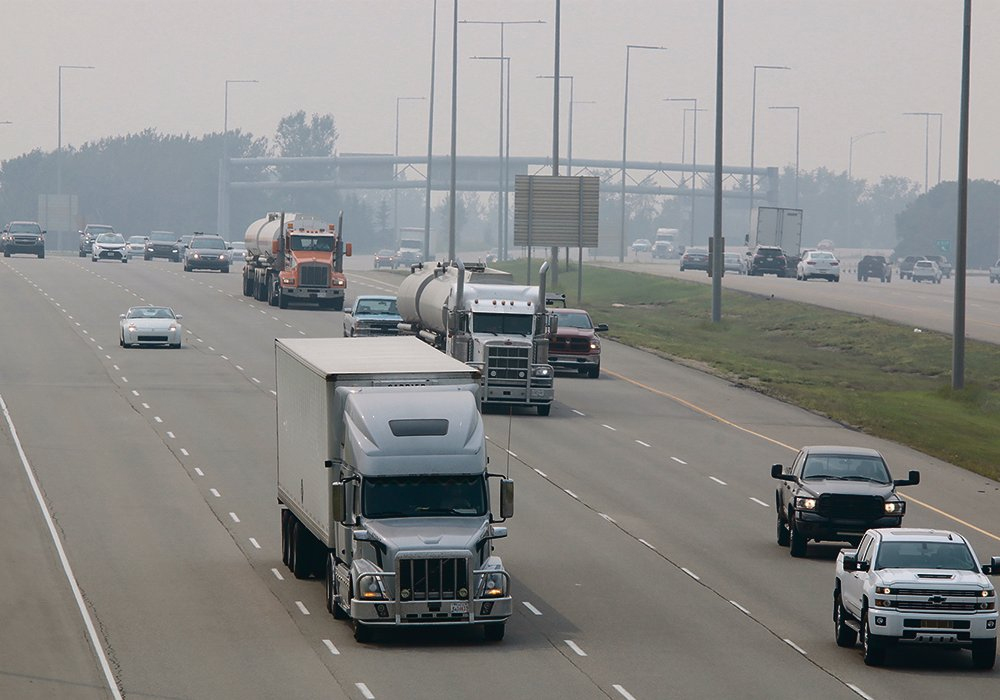Comment: Interprovincial trade barriers like ‘hidden GST’

Glacier FarmMedia – We spend a lot of time complaining about foreign trade barriers and defending our own barriers to foreign imports.
But maybe there’s a closer way to liberalize agriculture trade.
“It almost feels like we’ve forgotten to take care of business here at home,” said Jared Carlberg, a University of Manitoba agricultural economist during a panel discussion on interprovincial trade.
The province-to-province impediments to trade, in crops, livestock, meat, foods and services, are a significant hidden cost that boosts the price and drags down the efficiency of Canadian farming.
“Think of it as a hidden GST on any transaction,” said University of Calgary economist Trevor Tombe during the Simpson Centre discussion in early November.
Domestic restrictions on trade exist across industries, professions and systems. They affect everything from construction labour regulations to alcohol controls to professional certifications. Some are minor, but some are challenging enough that they keep out-of-province goods, services and people out of the home province, which is sometimes the purpose.
Most of these things you might expect to follow a national standard in a saner world. But Canada’s constitution gives control of many economic areas to the provinces, so they’re free to complicate things, for whatever reason.
There have been many attempts to clean up the situation so the economy can run more efficiently. There have been federal-provincial panels and numerous bilateral provincial deals to reduce barriers.
For example, there is a federal-provincial task force on trucking regulations to make the flow of goods across the country as free from provincial complications as possible. You wouldn’t think there would be major differences between trucking regulations province to province, but there are, and they bog down transportation. There are even differences on allowable truck tires.
The western provinces have made a good effort to reduce interprovincial barriers. Alberta, particularly, jumped ahead with a unilateral reduction in many import and out-of-province controls, giving its industries better pricing and access to services.
Tombe said provinces often don’t want to move without a province-to-province or nationwide deal, feeling like they’d be giving up something for nothing, but the gains from moving unilaterally go some distance toward seizing potential gains. The provincial controls often hamstring economic performance, even if they are intended to help.
It’s hard to act because so many vested interests fight against reduced provincial protections because they fear economic losses to their specific sectors. As well, most people don’t care enough to make interprovincial trade liberalization a political issue.
That’s where farmers, farm organizations and commodity associations need to work. The people defending costly provincial restrictions work hard to preserve the status quo. Those who would benefit from a relaxation, such as farmers, need to balance the pressure.
We’ll always work to gain better access to foreign markets, but we shouldn’t forget about how much better we can make our home market.
This article was originally published at The Western Producer.
Source: Farmtario.com

